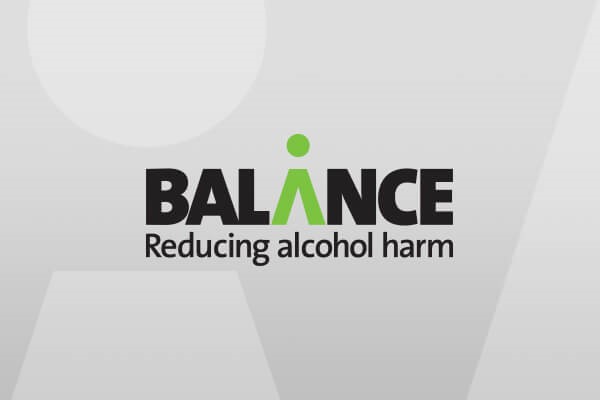Booze clean up costs County Durham hundreds of millions a year
Alcohol misuse costs every man, woman and child in County Durham £394 a year, according to research published today 7, December 2010.
Balance, the North East Alcohol Office, has been counting the cost to the public purse for services called upon to deal with the after effects of excess booze, including ambulance call outs, A&E staffing and policing rowdy town and city streets.
Dealing with these problems is costing County Durham up to £227.9m annually, while the north east as a whole is shelling out up to a massive £1.29 billion on a yearly basis.
A breakdown of the overall figure shows that each year the NHS in County Durham pays out £43.9m treating people damaged as a result of alcohol, while the criminal justice system and local authorities spend up to £99.3m dealing with crime and licensing. The workplace and wider economy has to cover the bill for the remaining £84.8m.
Claire Sullivan, consultant in public health at NHS County Durham and NHS Darlington, said: “In the past few years we’ve noticed an increase in hospital admissions for men and women but also in younger groups including the under 18’s, which is worrying. We’ve also noticed a change in drinking habits with more people drinking at home.
“We’ve invested in alcohol treatment services during this time but there’s still a tidal wave of work to do to prevent people from requiring treatment for alcohol conditions in the first place.
“Over the coming years our priority is to inform and educate people so that they become more aware of their levels of drinking and the harm that it has on themselves and others around them.”
Kirsty Wilkinson, Durham County Council’s alcohol harm reduction co-ordinator, said: "The cost of dealing with the aftermath when people drink too much alcohol is considerable. A minority of people cost County Durham a lot of money each year by needing treatment for alcohol dependency, being involved in accidents, committing a crime or being involved in anti-social behaviour."
On a regional scale, the NHS is paying out £224.8m while the cost to crime and licensing is up to £598.7m. The workplace and wider economy is being charged up to £466.7m.
Colin Shevills, Director of Balance, said: “Every man, woman and child across the north east is paying the price for alcohol misuse by heavy drinkers and those that drink at or above recommended limits on a daily or almost daily basis. This isn’t right. We need to remedy this situation, particularly at a time of financial austerity when public sector organisations must do more with less.
“Every individual has a role to play in controlling their own consumption, but the fact that more alcohol is available at pocket money prices, in more places at any time of the day or night is undoubtedly driving the problem. Alcohol is not an ordinary commodity and shouldn’t be treated like one.
“Research shows that the introduction of a minimum price per unit of alcohol, which links price to alcohol strength, would reduce the widespread availability of alcohol at pocket money prices. It would subsequently reduce consumption and the associated problems that our region faces. A minimum price would target problem and young drinkers, while having little effect on those who consume moderate amounts. Savings could be re-invested in public services to everyone’s benefit.
“The introduction of a minimum price is an important part of a wider range of measures, including greater education and legislation, which is required to successfully tackle the problems caused by alcohol misuse.”
Almost half of north easterners support the introduction of a minimum price, according to research commissioned by Balance.
A survey of 1,000 people across the region revealed that 49% are in favour of the measure. Less than one in three of those questioned objected, while 22% remained neutral.
A third of those questioned said that supermarket alcohol was too cheap and almost half (48%) said they would be prepared to pay more for their alcohol in return for benefits to society. These benefits include reducing rowdy behaviour in public, a fall in crime and violence and reducing the burden on the NHS. Less than a third rejected completely the idea of paying more, while 27% had not made up their minds.
“Our research clearly shows that north easterners already understand the problems alcohol misuse is causing our society and that they are keen for something to be done about it. A significant proportion seethe introduction of a minimum price as a potential solution. This groundswell of public support cannot and should not be ignored.”
